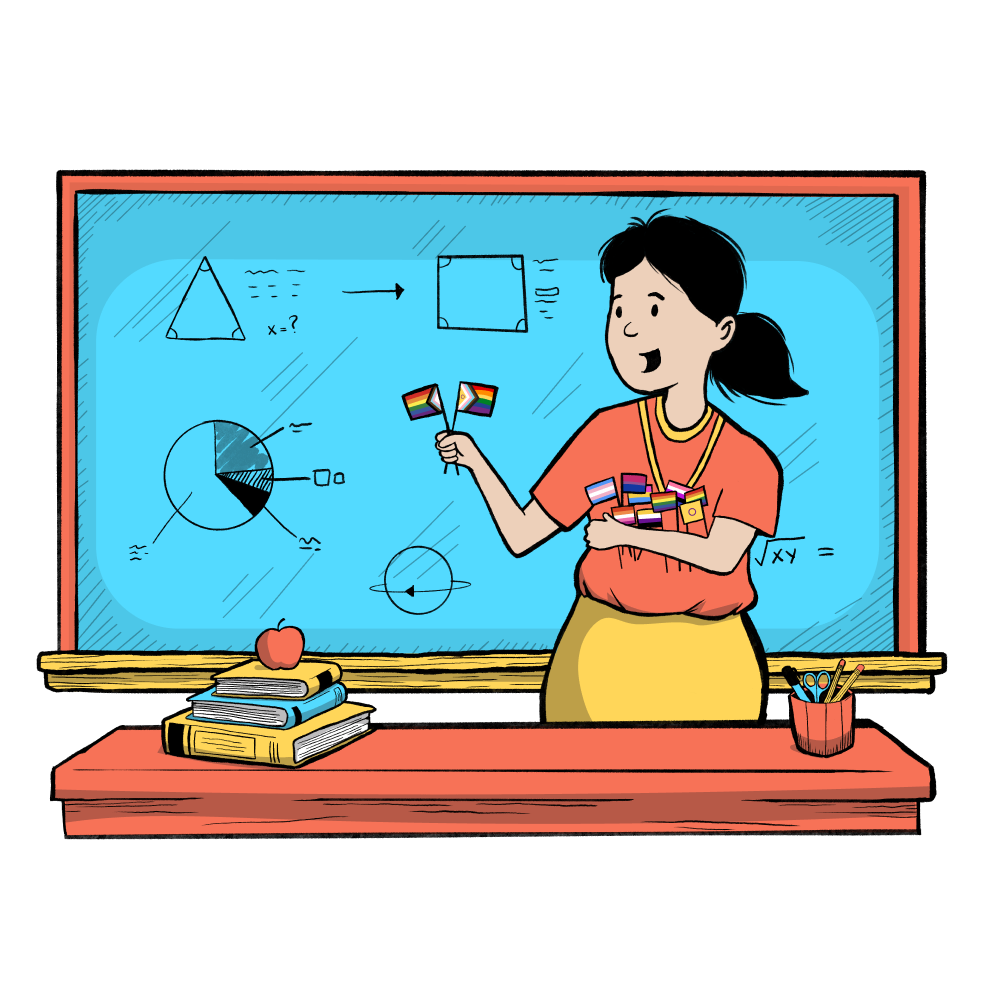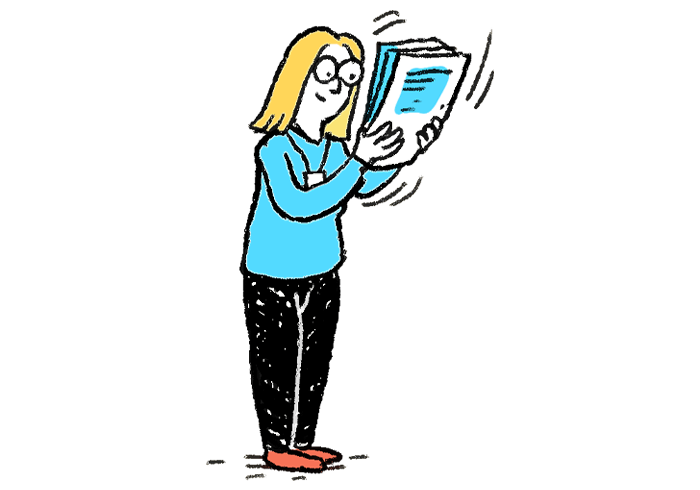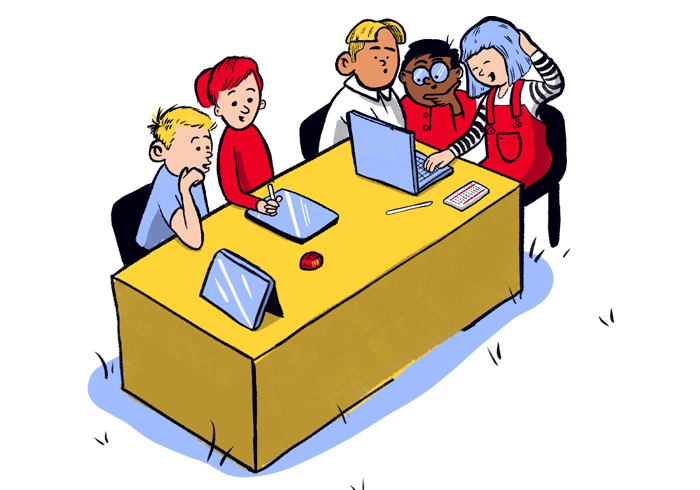Education and teaching

Reykjavík City primary schools follow the national curriculum for primary schools, with reference to the Reykjavík City Education Policy. The main objective of the Policy is for all children to grow, develop and feel happy in a democratic society that is based on human rights and respect for the diversity of human life.
Through robust school and recreation activities, children and young people gain education and experience to realize their dreams and have a positive impact on their environment and society.
Mentor
Mentor is an information system for students, parents and school staff. Guardians and students receive passwords for Mentor. On the family page, guardians can see, among other things:
- class schedules,
- homework,
- educational assessment,
- school attendance.
Students are assigned passwords that give them access to student pages.
Curriculum plans
Lesson plans describe the content and assessment methods, giving teachers, students and parents an overview of the curriculum.
Student assessment
The school's work is based on the national curriculum and Reykjavík City's Education Policy. Húsaskóli follows the philosophy of formative assessment, which aims to empower students to understand their own learning progress.
Assessment that enhances learning is based on students knowing their goals, being aware of their academic standing, and receiving guidance to achieve their learning objectives. Formative assessment is an educational assessment method primarily designed to provide students with feedback that helps them improve their performance based on the evaluation. Educational assessment should provide students, parents and teachers with clear information about learning progress and development.
We emphasize diverse teaching methods and meaningful two-way feedback where students learn to support their reasoning and critically examine both their learning and the instruction they receive. Student interest forms the foundation of learning, along with their ongoing awareness of learning objectives, clear understanding of goals, and knowledge of how to achieve them.
It's important for students to actively participate by reflecting on their academic standing. Teachers are responsible for adapting their instruction based on assessment results.

Teaching methods
Húsaskóli aims to provide all students with a quality education and equal opportunities to develop skills for life and work in Icelandic society. The school addresses the needs and abilities of each student. Teachers follow the National Curriculum for Primary Schools while employing diverse teaching methods, personalized learning, student collaboration, integrated learning, and varied assessment techniques.

Attendance guidelines
The school emphasizes student punctuality. All children aged 6 to 16 must attend school, and parents/guardians are responsible for their enrollment, attendance, and participation.
If attendance issues arise, parents/guardians and the school must respond. To ensure effective responses, Reykjavík's primary schools follow unified guidelines and rules.
